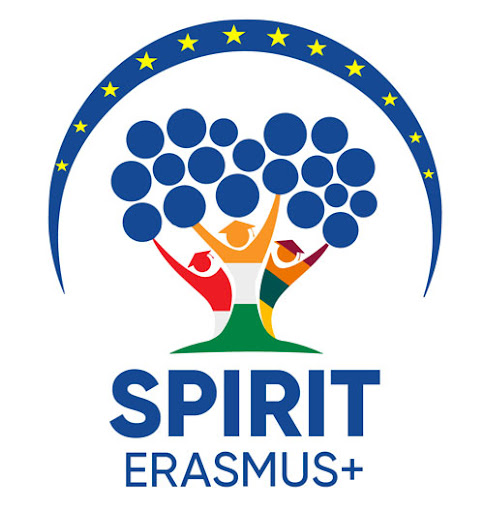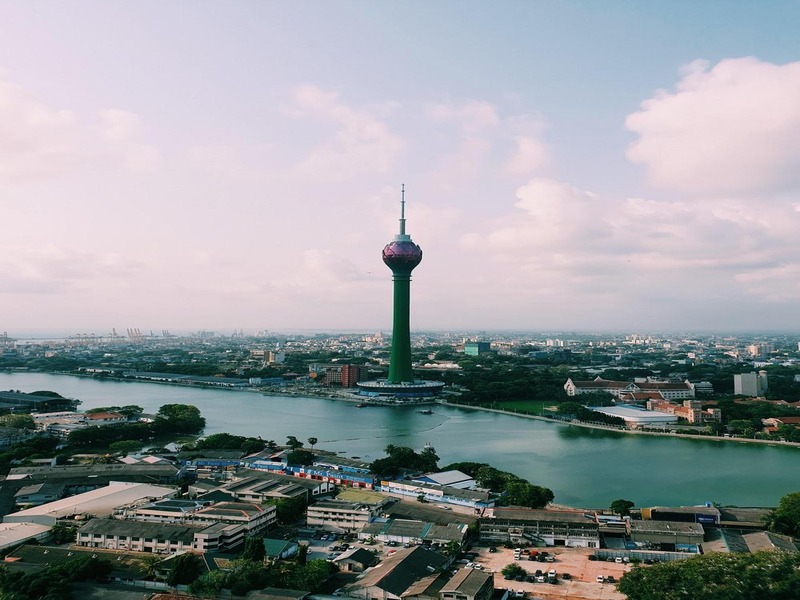
About Project
This project is a part of ERASMUS+ program titled “Sport and physical education as a vehicle for Inclusion and Recognition in India, Indonesia and Sri Lanka / SPIRIT”.
The project tries to address two existing problems in the 3 partner countries involved (Sri Lanka, India and Indonesia): 1. Growing chronic noncommunicable diseases (NCDs) have emerged as a huge global health problem in low- and middle-income countries. The magnitude of the rise of NCDs is particularly visible in Southeast Asia where limited resources have been used to address this rising epidemic. 2. Around the world, young people need free time, space and fellowship to enjoy sport and play. While the need for the activities of sport is global in scope, the ability to be included often is not.
Sport can provide a way to break down barriers and promote inclusion of students at different level of education (higher, vocational, secondary and primary) who are often left on the sidelines. Full participation in sport activities can benefit people who are usually excluded in two ways:1. By changing community perceptions of the capability of different groups: Through sport, participants – regardless of gender, ability or background – can come together in a positive context (sometimes for the first time) and see each other accomplish things they had previously thought impossible. This helps reduce stigma and discrimination and changes the attitude of gatekeepers who have the power to permit or deny children the right to take part in physical activity.2. By changing participant’s perceptions of themselves and their abilities: Sport empowers people to recognize their own potential and advocate for changes in society to enable them to fully realize that potential. Thus, the project attempts to create interdisciplinary curriculum on sport management, sport nutrition and physical education while also providing short courses for professional coaches, trainers, sport clubs and organizations that want to learn how to use sport and physical education for inclusion. The project will also create SPIRIT student clubs to promote SPIRIT activities across schools and local communities. The main goal of SPIRIT is to create a modular program in Sport, physical education and Health Sciences in 3 countries of Asia that contribute to increasing the recognition of the fundamental value of sport and physical activity for the individual and society, well beyond competition, as a powerful tool for the promotion of healthy lifestyles and socioeconomic development - putting special emphasis in vulnerable groups, female and students with special needs.






